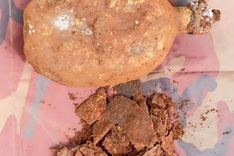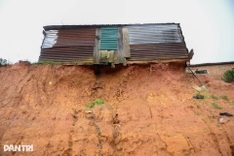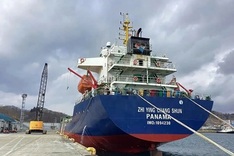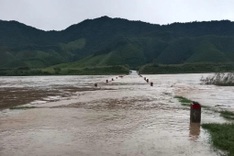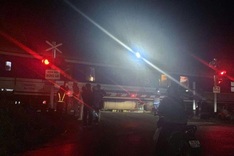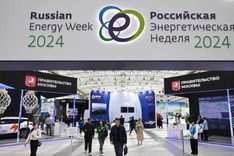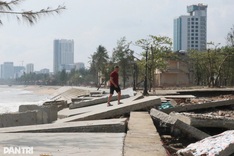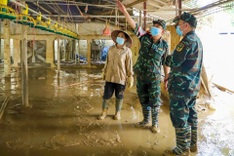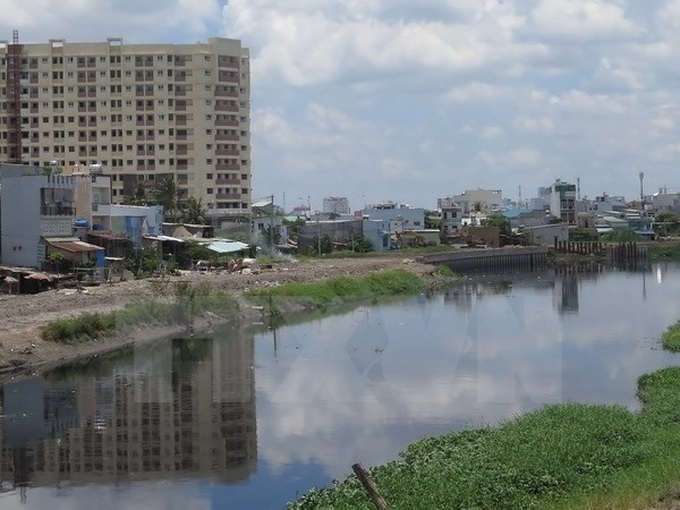
The polluted Tham Lương Canal
The Tham Lương – Bến Cát waste water treatment plant, with processing capacity of 131,000 cubic metres per day, was scheduled in October to begin treating wastewater of about 700,000 residents living near the Tham Lương – Bến Cát Canal.However, the 54- kilometre pipe network that leads the wastewater to the treatment plant has not been completed.
Temporary pipes were built, but they only allow for a processing capacity of 10,000 cubic metres of water, which is just 10 per cent of the designed capacity.
The pipe network was expected to receive World Bank financing of US$400 million, but the fund was pulled in June, as requested by the World Bank. HCM City is now looking for investors for the full pipe network.
The project owner, the HCM City Steering Centre for the Urban Flood Control Programme, has asked the city’s People’s Committee for permission to build a temporary 3-kilometre pipe network, estimated to cost around VNĐ200 billion ($8.8 million).
The temporary network would help increase water treatment capacity to around 40-50 per cent of the plant’s intended capacity as work is completed on the full network.
However, the construction of a temporary pipe network would take around two years.
Meanwhile, a wastewater treatment project in District 2’s Nhiêu Lộc – Thị Nghè area, with around 1 million households, is in a different predicament. It has adequate wastewater pipes but has no treatment system, because the pipe network project was finished before the treatment plant.
As a result, the wastewater, rather than being processed, is instead dumped directly into the Sài Gòn River.
The Nhiêu Lộc – Thị Nghè pumping station collects wastewater from the 59 wells placed along the canal and dumps it into the river, controlling the amount to dilute the wastewater. It is estimated that hundreds of millions of cubic metres of wastewater are dumped by this station.
An 8-kilometre long pipe to lead wastewater from the Sài Gòn River to the Thạnh Mỹ Lợi Ward wastewater treatment plant has been under construction since April.
The Nhiêu Lộc – Thị Nghè wastewater treatment project is still looking for investors, with construction expected next year.
By 2020, HCM City plans to operate around 11 wastewater treatment plants, with the combined processing rate of about 1.86 million cubic metres of waste water per day.
Currently, there are only two treatment plants in operation: Bình Hưng and Bình Hưng Hoà.
Their combined processing rate is only 171,000 cubic metres per day, which is 9.2 per cent of the amount of HCM City’s wastewater (1.75 million cubic metres per day).
The city plans to introduce more policies to attract investment in water treatment plants, especially from foreign firms, by adjusting revenue for water treatment to make it more appealing.
Water polluters will be investigated more thoroughly and some of them will have to pay more for water treatment.

